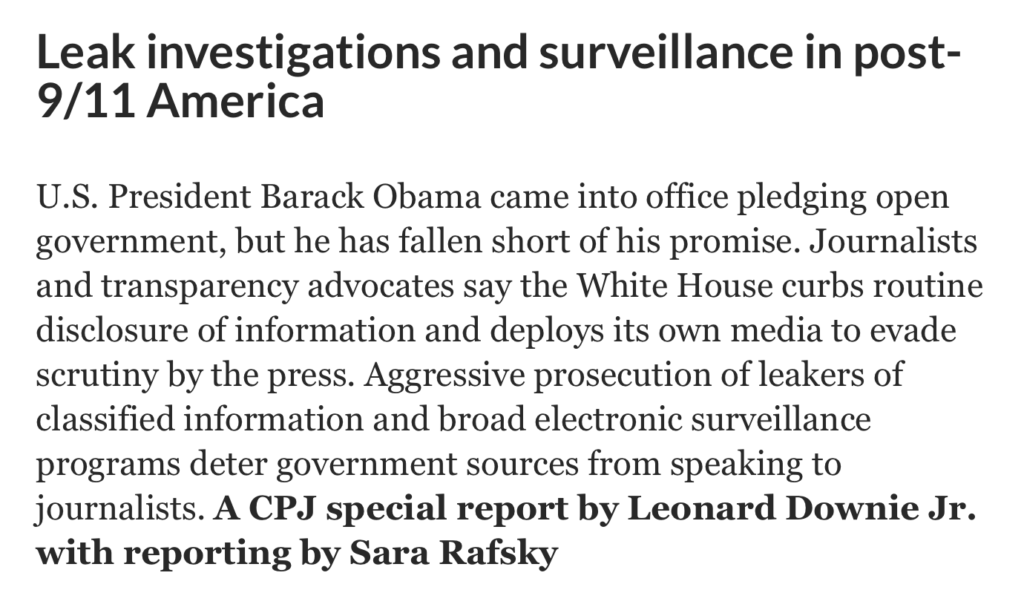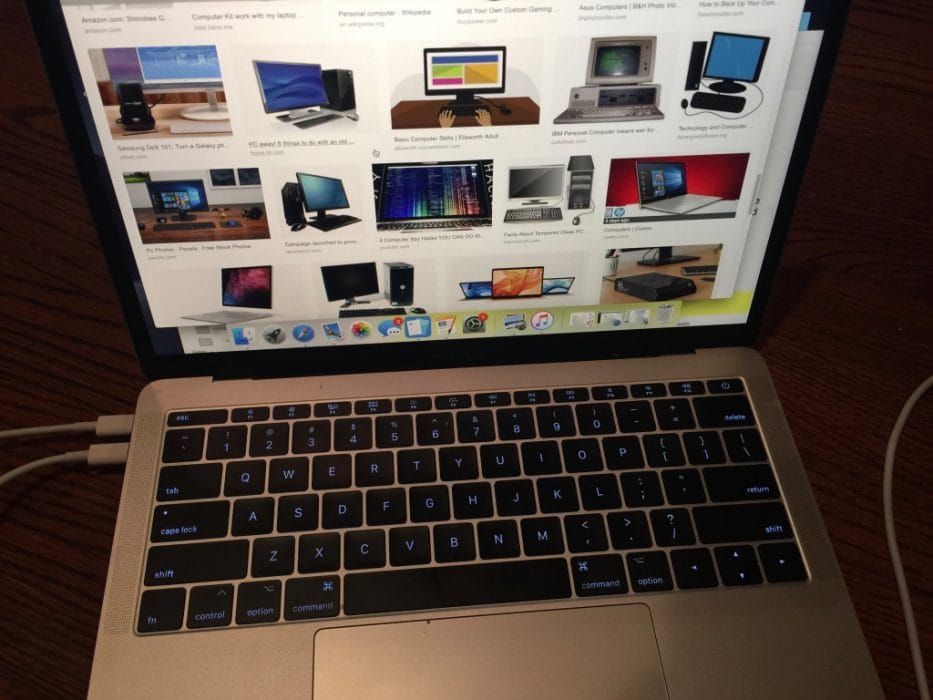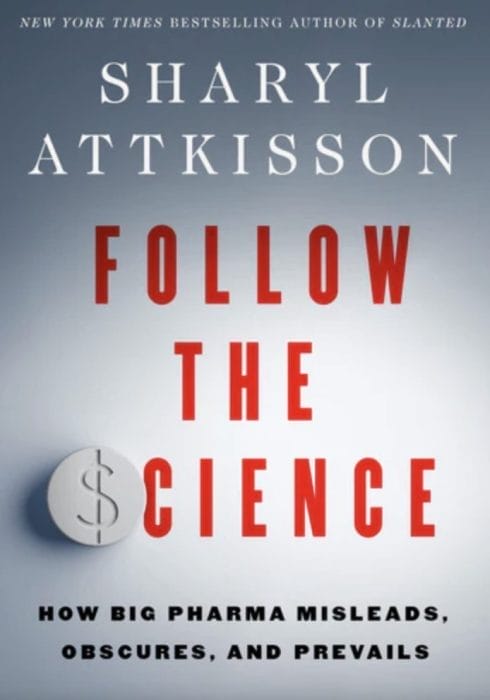The following is the 22nd in a series of excerpts from my New York Times bestseller “Stonewalled,” which recounts the government intrusions of my computers. More excerpts to follow. Links to previous excerpts are below.
Now, I remind you that those are wholly fanciful scenarios. The stuff of imagination. The government would never misuse its authority or information, right? Still, the fact that these notions can be conjured up, even if chimerical, illustrates why it’s so important to have public discussion and oversight.
| OTHER REPORTERS WEIGH IN
In late June 2013, I’m flying back from the Investigative Reporters and Editors conference in San Antonio, Texas, and am seated next to another journalist: Len Downie. Downie is former executive editor of the Washington Post and had spoken at the conference on the very topic at hand.
“The Obama administration’s War on Leaks is by far the most aggressive that I’ve seen since the Nixon administration, and I go back that far,” Downie told the audience of investigative journalists.
As we strike up a chat shoulder to shoulder on the plane, I bring up the subject of Snowden. I ask Downie if it doesn’t seem as though more attention should be focused on the content of Snowden’s claims instead of where he’s hiding or whether he graduated from high school. Downie agrees.

Four months later, Downie would publish a definitive report for the Committee to Protect Journalists. It establishes the Obama ad
ministration as the news media’s top choice for Least Transparent American Presidency in Modern Times. When you think of all the transparency promises, it’s stunning to read the actual experiences of national news reporters, not those working at conservative outlets but journalists from the New York Times and the Washington Post.
David Sanger, chief Washington correspondent of the Times, says, “This is the most closed, control freak administration I’ve ever covered.”
Times public editor Margaret Sullivan: “It’s turning out to be the administration of unprecedented secrecy and unprecedented attacks on a free press.”
Financial Times correspondent Richard McGregor: “Covering this White House is pretty miserable in terms of getting anything of sub- stance to report on in what should be a much more open system.”
ABC News White House correspondent Ann Compton: “He’s the least transparent of the seven presidents I’ve covered in terms of how he does his daily business.”
Josh Gerstein of Politico: “If the story is basically one that they don’t want to come out, they won’t even give you the basic facts.”
Washington correspondent Josh Meyer: “There is across-the- board hostility to the media. . . . They don’t return repeated phone calls and e-mails. They feel entitled to and expect supportive media coverage.”
Post managing editor Kevin Merida describes what he sees as the White House’s hypersensitivity, saying that officials often call report- ers and editors to complain about something on Twitter or a headline on a website.
I have a slightly different interpretation of the administration’s sensitivities. It’s not that they’re really so sensitive. They’re simply ex- ecuting a well-thought-out strategy to harass reporters and editors at the slightest air of negativity so as to impact the next news decisions. To provide so much unpleasant static and interference that we may subconsciously alter the way we report stories. To consume so much of our time explaining and justifying what we’ve reported, that we begin to self-censor in the future. They accuse us of “piling on,” when all we’re doing is accurately covering their actions and the outcome of their decisions. But what human being doesn’t instinctively learn to avoid negative, unpleasant feedback?
Let’s not use that phrase in our story. Yes, it’s accurate, but the White House will go nuts over it. Maybe if we soften it a little, we can avoid some headaches. We don’t want to appear to be—piling on.
What we don’t seem to realize is that our never-ending pursuit to avoid the static is a fool’s errand. Their relentless objections are not because they want accurate reporting; their goal is to spin and stop negative reporting. When we allow them to wrap us up in their game, it furthers their propaganda goals. We risk inadvertently giving them inappropriate influence over our reporting, of becoming their tool rather than their watchdog.
[hr]Read excerpt #1 here: The Computer Intrusions: Up at Night
#2: Big Brother: First Warnings
#3: The Computer Intrusions: Disappearing Act
#4: The Incredible, Elusive “Verizon Man”
#5: I Spy: The Government’s Secrets
#6: Computer Intrusions: The Discovery
#7: Notifying CBS About the Government Computer Intrusions
#8: The MCALLEN Case: Computer Intrusion Confirmed
#10: Revelations in the Government Computer Intrusion
#12: Obama’s War on Leaks
#13: The Computer Intrusions Become Public
#14: The Govt. Computer Intrusions: Word Spreads
#15: My Computer Intrusion and the National Connection
#16: URGENT dispatch
#17: Clapper’s False Testimony
#18: Government Spying First Revealed
#19: How the FBI Missed the Boston Marathon Bombers
#20: The media operation against Snowden and the government computer intrusions
#21: Government Surveillance and Two-Tiered Justice



